
STUDY IN UK
WHY STUDY IN UK
1. Academic excellence
Universities in the UK have the best academic standards in the world. In fact, four out of the top 10 universities in the world are from the UK [QS World Ranking 2019] including the likes of Oxford and Cambridge. When studying in the UK, you will find that practical and utility-based knowledge is preferred over text-book learning. This will enable you to acquire critical thinking and analytical skills along with creative ability in your chosen discipline.
2. Quality education
The Quality Assurance Agency (QAA) is an independent body in the UK that regularly assesses the education standards of all universities and colleges in the country. Besides checking their performances through audits and subject reviews, it and helps identify the best education practices and sends feedback for improvisation. These research standards are also examined by the UK higher education funding bodies, who publish their findings at regular intervals. This is ensures all students have access to the best quality of learning, research and teaching irrespective of the course they choose to pursue.
3. Shorter duration of courses
Courses in the UK education system are shorter and more intensive than many other countries, which means you’ll graduate sooner, and without compromising on quality. While you can complete an undergraduate program in three years, you’ll be able to finish a graduate program in just one year. This not only saves your time, but also a chunk of money spent on tuition fees and living costs.
4. Work while you learn
To manage your everyday living expenses along with your studies, you can work part-time for up to 20 hours a week during term time. You can even work full-time during your semester break. This will help you pay for your bills as well as gain industry experience in your own field of study as well.
5. Explore Europe while studying
The UK is well connected to major European countries like France, Netherlands, and Belgium, being the closest at distances ranging from 300 – 1,000 miles. With the airport being functional 24 hours, you can explore different places while studying in the country.
6. Health benefits for students
As an international student, you’ll have access to free medical treatment while studying in the UK through the National Health Service (NHS). In order to avail this benefit, you will have to pay a small International Health Surcharge (IHS). Your IDP counselor can advise you about this detail.
REQUIREMENTS TO STUDY IN UK
Depending on what program you are looking at, the entry requirements will vary for international students. Although this page will provide you with some useful information with which to arm yourself about what is needed to gain entry into UK courses, you should inquire specifically to any course that you are considering.
What you will find in common throughout all courses and schools is that you will need to show competency in the English language.
English Language
For most schools and courses, your level of understanding and competency in English will be key to your acceptance in a major program such as a degree program. You will need to make sure you have a good level of English understanding and you can do this by taking one of the following commonly accepted tests of English ability:
TOEFL – Test of English as a Foreign Language
IELTS – International English Language Testing System
UCLES – University of Cambridge Local Examinations Syndicate
If you need assistance with locating an English as a Second Language school (ESL School) please see the ESL directory for a comprehensive listing of schools around the world.
GCSE Entry Requirements
Entrance to take your GCSE’s will depend very much on the school with which you are attending as you will generally need to register with a school for your GCSE education years (14 to 16 years old). Apart from the school’s requirements, the main requirements by the exams boards in the UK is that you have a good level of english ability as the exams will be taken in English – see English requirements above.
A-level Entry Requirements
Like with GCSE’s it will be very dependent on the school you wish to attend as to what the requirements are to study A-levels there. For example, a 6th Form College may require that you have at least 5 GCSE pass grades of C or above, compare this to an independent school who may require 10 GCSE pass grades of B or above. So this will be very much dependent on the school.
You also need to consider that A-levels are a much higher level of work and so a very good understanding of the English language will be needed to work at this level. Some people say that A-levels are harder than most degrees programs as they prepare you for higher education.
Vocational Course Entry Requirements
As with GCSE’s you will generally not need any formal qualifications to enter basic vocational course. Literacy skills and proficiency in the English language would be the only requirements, but again you should check with the school or institution that is running the program as they may have their own requirements.
University Entry Requirements
Each course in the UK sets it own entry, so they vary considerably. Most degree programs in the UK will require that the student have passed either A-levels and attained certain grades, for example 4 B grades, or equivalent grades in a BTEC or GNVQ. So within a university different courses will have different requirements and universities as a whole may have certain requirements that all students will have to meet. For example, the Universities of Oxford and Cambridge generally require all students to attend an interview, other universities will not require this.
Also, as an international student coming to the UK you can still attend University even though you may not have taken A-levels and have not been educated in the UK system, but you will need to contact the administrator of that program to find out what credentials from your home country you will need to provide.
So, how do you keep track of what is required for a course and how to you apply? In the UK, this is done through the University and Colleges Admission Service (UCAS) which processes and takes all applications for university admission in the UK.
The Information we provide on our website can generally change with a span of time. Therefore, before making any decision, please contact MOON STUDY AND TRAVEL to obtain latest information for the same.
LIVING IN UK
Daily life in the UK
Eating in the UK
It is easy to find good food in the UK and we have some of the world’s top restaurants.
Lots of cheap restaurants, and food markets, are available for students on a budget. It is possible to try food from all over the world, even in small towns. Italian, Indian, Chinese, Thai and Mexican food are all very popular.
Traditional British food includes fish and chips, full English breakfast, Sunday roast dinners, Yorkshire pudding, cornish pasties, cream tea, pies, haggis, local cheese, and of course plenty of tea and cake.
Supermarkets are good places to find cheap options for lunch and snack, to reduce the cost of living. See the British Council’s tips on eating well, and cheaply, in the UK.
Weather in the UK
Does it always rain in the UK? Not usually! The UK has lots of different weather, sometimes it rains, sometimes it is sunny and beautiful.
Learn more about the weather in the UK.
Money in the UK
The UK uses its own currency, called the pound (£). Cash machines (ATMs) are easy to find and are usually free to use.
You can pay by debit or credit card almost everywhere in the UK. Cash is usually required at very small shops, outdoor markets, some pubs and cafes, local buses and for taxis.
Exploring a new country
Woman balancing on bridge Castle Combe Wiltshire England 560×315
British sightseeing and attractions
The UK is home to some of the world’s top museums and art galleries, music venues and theaters.
Outside the cities there is beautiful countryside and many castles, historic houses, parks and gardens.
Language centers usually organize student social programmes which will include visits to the UK’s popular destinations. Typical trips often include Stonehenge, Oxford, Cambridge, London, York and Edinburgh.
Where can you study English in the UK?
The UK is a union of four countries: England, Wales, Scotland and Northern Ireland. 62 million people live in the UK. Most people live in England, which is the largest of the four countries.
There are over 100 different cities and towns with English language centers in the UK. Each destination offers something unique, so every student can find the perfect place to study.
Public transport in the UK
The UK is a small country with lots to see, and it is easy to use public transport to explore. Trains are the fastest way to travel, especially for long journeys. Book your tickets in advance for the cheapest prices.
Coaches are often the cheapest way to explore the UK – you can travel between major cities for as little as £5.
Learn more about traveling around the UK
Airport transfers – when you arrive in the UK
If you want someone to meet you at the airport, you can book an airport taxi transfer through your language school.
If you are traveling from the airport by public transport, there will be coach services and sometimes a train service. In London there are express train service – these are the fastest option but they are more expensive than slower travel options.
People in the UK / Diversity in the UK
The UK has a very diverse population – people from all over the world live here. There are many different international communities, and international students will feel welcome.
The UK is a tolerant society, and it is illegal to discriminate against people because of their race, religion, gender, sexuality or disability.
Different accents in the UK
There are different regional accents in the UK. A person from Edinburgh will sound a little different to a person from Bristol. Students do not need to worry about this. Teachers and host families will always speak very clearly for students, and local accents are useful, helpful and friendly.
English is a global language, and it is an important skill to be able to understand different English accents from around the UK, and the world!
COURSES IN UK
- Accounting and Finance
- Aeronautical and Manufacturing Engineering
- Agriculture and Forestry
- Anatomy and Physiology
- Anthropology
- Archaeology
- Architecture
- Art and Design
- Biological Sciences
- Building
- Business and Management Studies
- Chemical Engineering
- Chemistry
- Civil Engineering
- Classics and Ancient History
- Communication and Media Studies
- Complementary Medicine
- Computer Science
- Counseling
- Creative Writing
- Criminology
- Dentistry
- Drama Dance and Cinematics
- Economics
- Education
- Electrical and Electronic Engineering
- English
- Fashion
- Film Making
- Food Science
- Forensic Science
- General Engineering
- Geography and Environmental Sciences
- Geology
- Health And Social Care
- History
- History of Art Architecture and Design
- Hospitality Leisure Recreation and Tourism
- Information Technology
- Land and Property Management
- Law
- Linguistics
- Marketing
- Materials Technology
- Mathematics
- Mechanical Engineering
- Medical Technology
- Medicine
- Music
- Nursing
- Occupational Therapy
- Pharmacology and Pharmacy
- Philosophy
- Physics and Astronomy
- Physiotherapy
- Politics
- Psychology
- Robotics
- Social Policy
- Social Work
- Sociology
- Sports Science
INSTITUTIONS IN UK
- University of East London
- University of Liverpool
- Cardiff University
- University of Sussex
- University of Leicester
- Durham University
- University of Stirling
- Leeds Beckett University
- Ulster University
- Birmingham City University
COLLEGE TIE-UPS

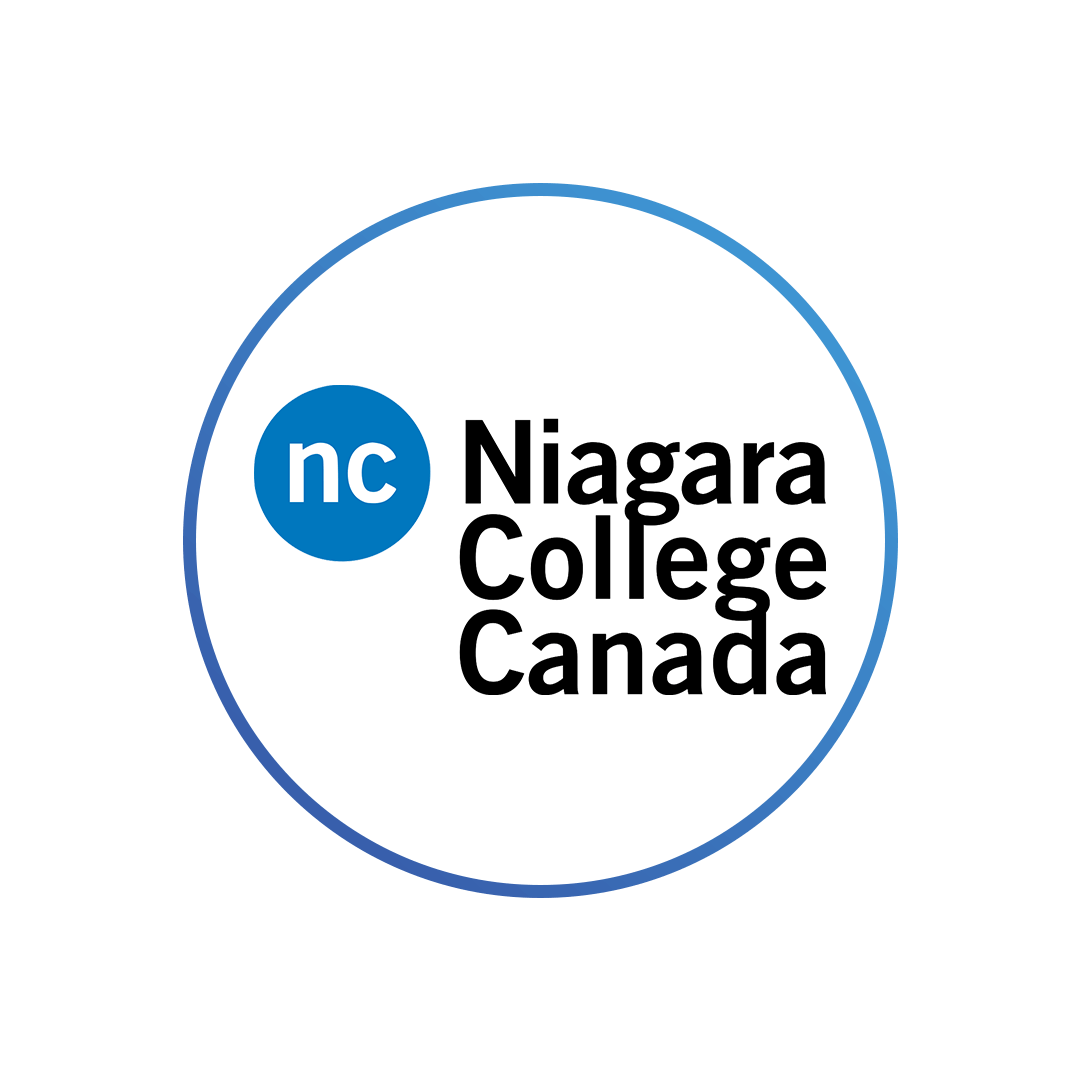







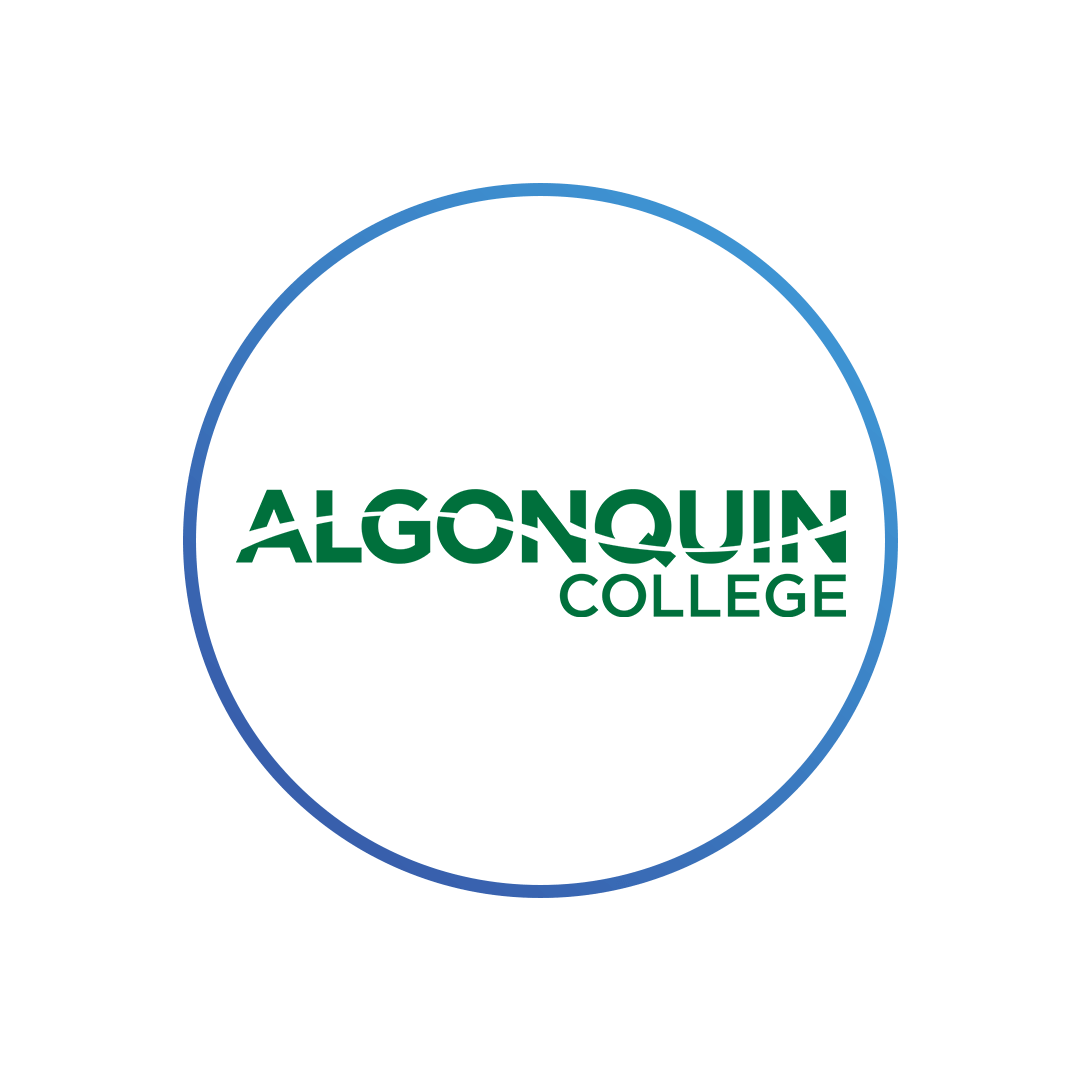





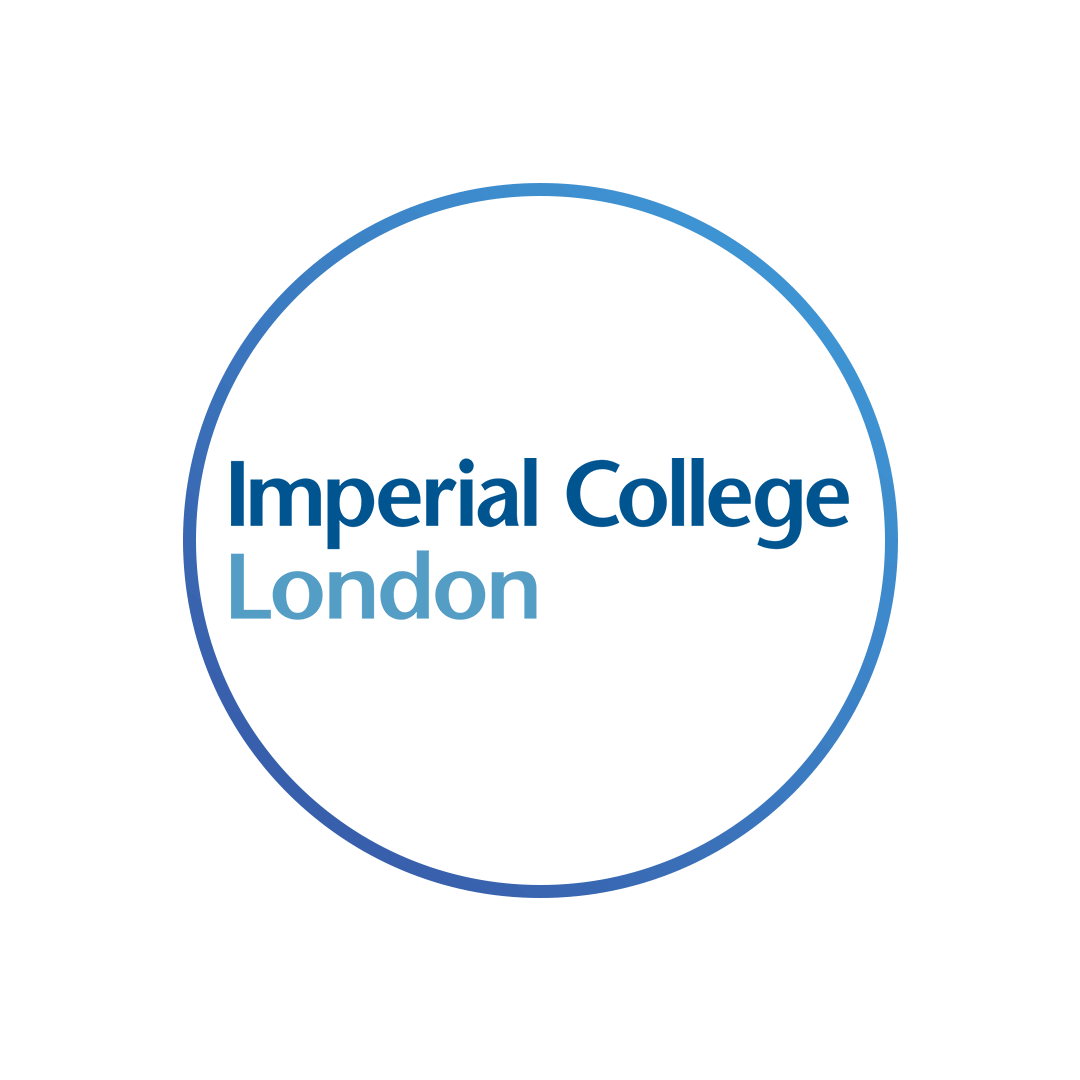
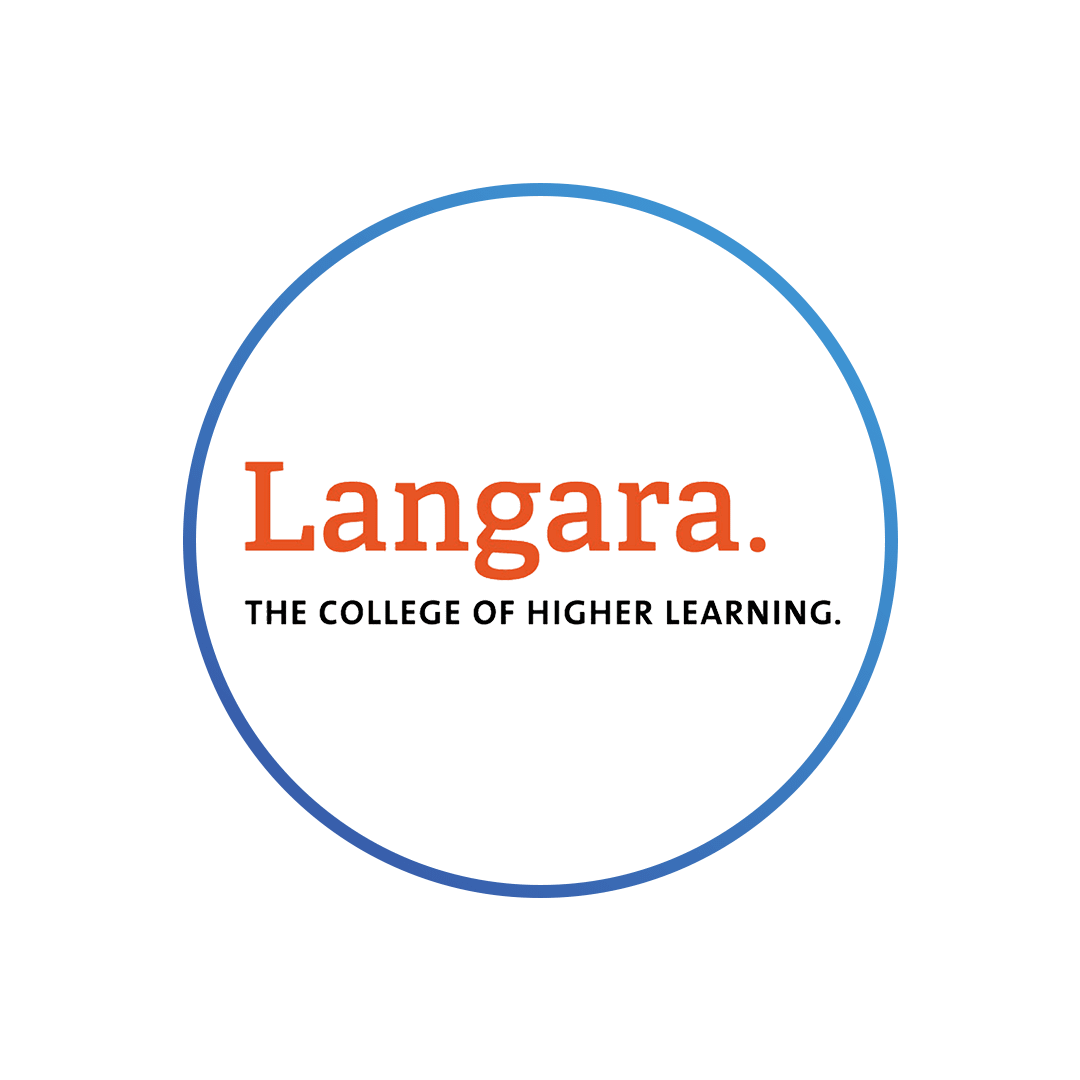
SUCCESS STORY
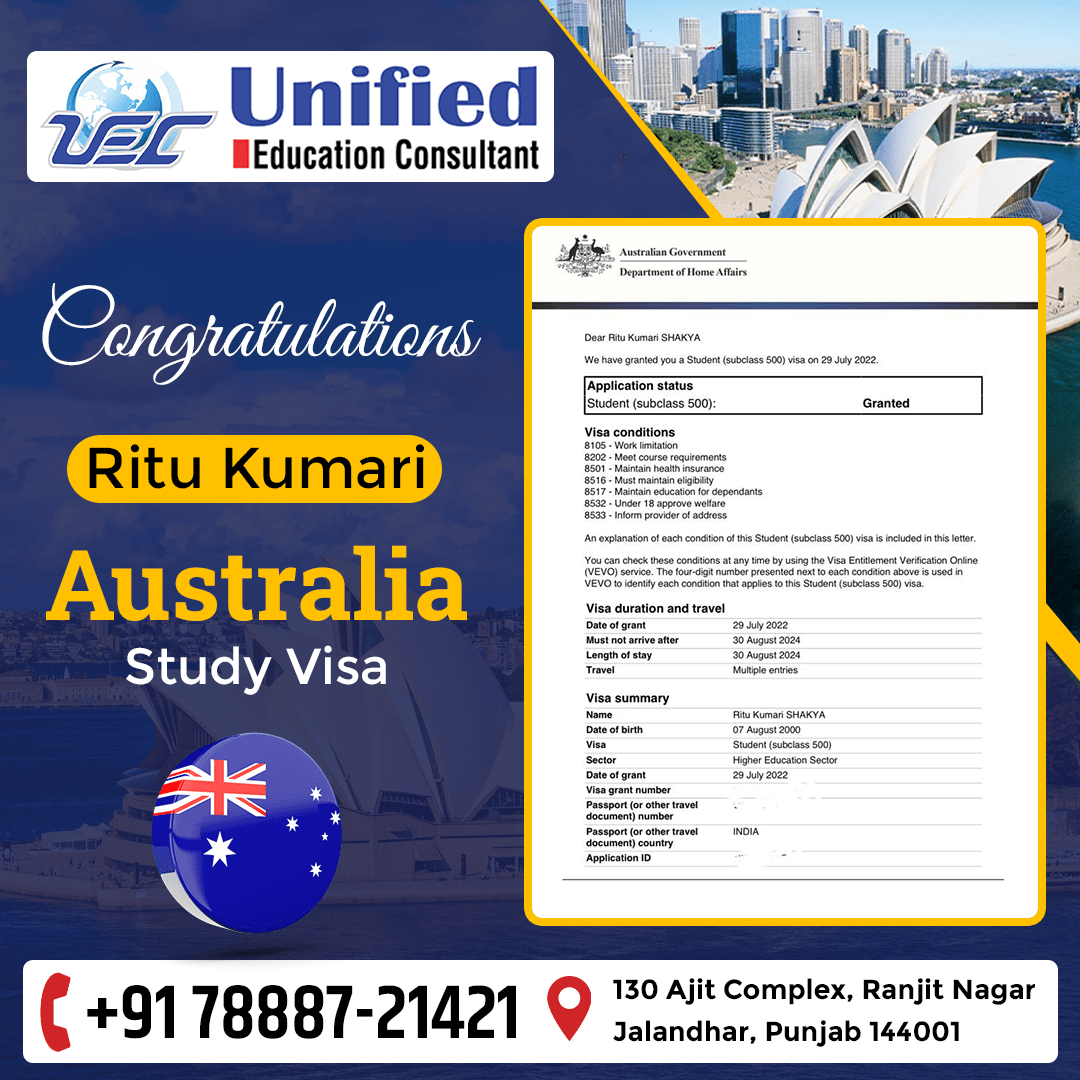


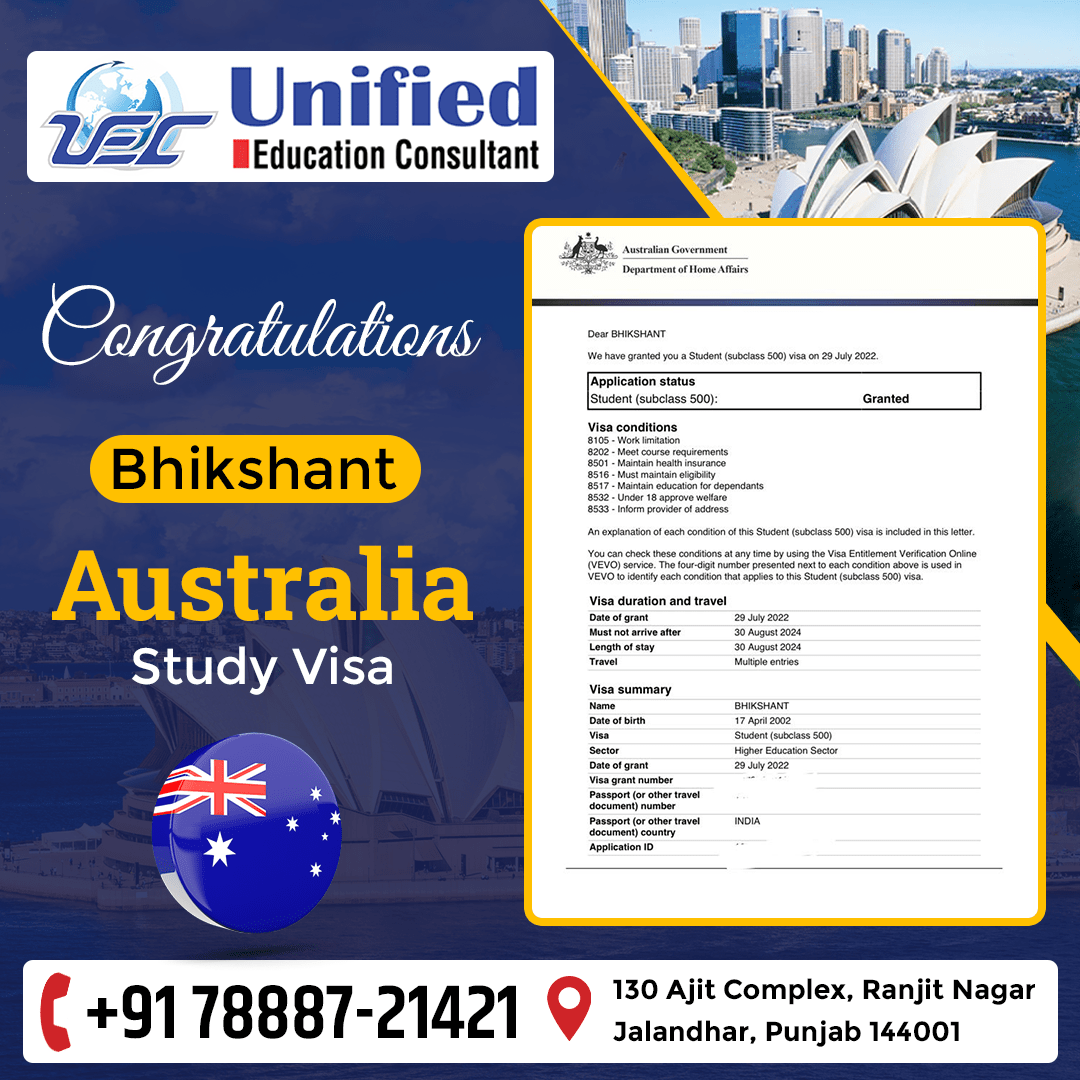


ENQUIRE NOW

